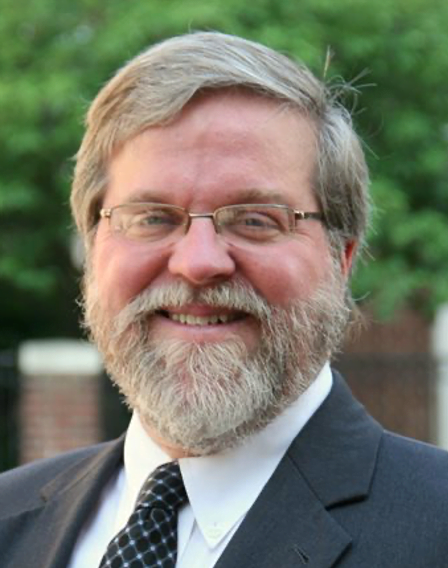
By now we recognize the pattern of angelic announcements: of Ishmael (Genesis 16:7-13), Isaac (Genesis 17:1-21, 18:1-15), and Samson (Judges 13:3-20). As many scholars have pointed out, there is a specific flow to all of this: Appearance,
fear/confusion, announcement, objection, promise/blessing. So, Gabriel’s announcement to Mary that she is to be the God bearer is not as surprising to us as it is to her. Perplexed, afraid, disbelieving, then faithful. Quite an emotional and spiritual rollercoaster.
We can see Mary standing in a line of recipients of what might be called ‘kingdom promises.’ She is likewise caught up – as others before her were – in a divine intervention in human history. But this one’s a doozy. In two short verses Gabriel
encapsulates much of what Luke will spend twenty-four chapters describing: “He will be great, and will be called the Son of the Most High, and the Lord God will give to him the throne of his ancestor David. He will reign over the house of Jacob forever, and of his kingdom there will be no end” (vs. 32-33). As one scholar points out, God is about to rewrite the promises through Jesus, a very different Messiah.
The most obvious counterpart to Mary is John the Baptist’s father, Zechariah (Luke 1: 5-25). He and Elizabeth were old, and she was barren, but Gabriel announces that she is pregnant, and Zechariah does not believe the angel, and so is struck dumb until John’s birth. Yet, Zechariah is a priest, and Elizabeth is a descendant of Moses’ brother, Aaron. And so, we have a couple in good standing socially and religiously. Yet he cannot trust the angel’s word. In Mary we have the opposite. One scholar sums Mary’s position up powerfully:
In contrast to Zechariah, we notice, Mary holds no official position among her people, she is not described as “righteous” in terms of observing Torah, and her experience does not take place in a cultic setting. She is among the most powerless people in her society: she is young in a world that values age; female in a world ruled by men; poor in a stratified economy. Furthermore, she has neither husband nor child to validate her existence. That she should have found “favor with God,” and be “highly gifted” shows Luke’s understanding of God’s activity as surprising, and often paradoxical, almost always reversing human expectations. (Luke Timothy Johnson)
In the midst of this “surprising, paradoxical reversal of human expectations,” Mary utters a response which reverberates throughout time and space, throughout all of creation: “Here am I, the servant of the Lord; let it be with me according to your word” (vs. 38).
God’s reversal meets Mary’s faith.


